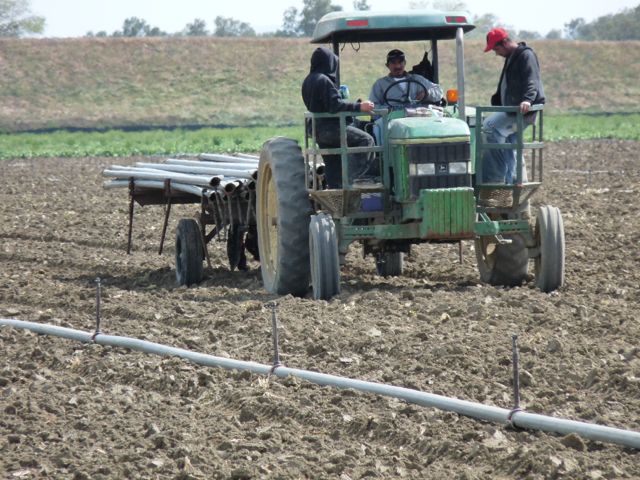AgTech Insight Improving Business
Customer Satisfaction is Key in AgTech
By Jessica Theisman, Associate Editor
Working in the agricultural industry demands integrity and honesty. California Ag Today recently spoke with Aaron Magenheim with AgTech Insight, a global, full-spectrum agricultural and tech consulting firm based in Salinas. They are currently tracking 3,000 digital ag companies around the globe, allowing them to work with real companies to make a huge impact on the world’s food supply.
Magenheim started by selling weather stations 10 years ago when people started asking if he could help aid in soil moisture, imagery, and tracking equipment.
“I got to the point that I wasn’t going to a farmer saying, ‘I’m selling you something.’ I’m going to them saying, ‘Let’s see how we can improve processes and where you’re going,’” he said.
Magenheim’s focus is to help positively impact business for farmers.
Customer satisfaction is the main focus for AgTech Insight.
“If proper customer support is not achieved, then that piece of equipment is in the trash, and you are classified as a company that did not follow through,” Magenheim said. “This would result in an area where you cannot do business anymore.”














